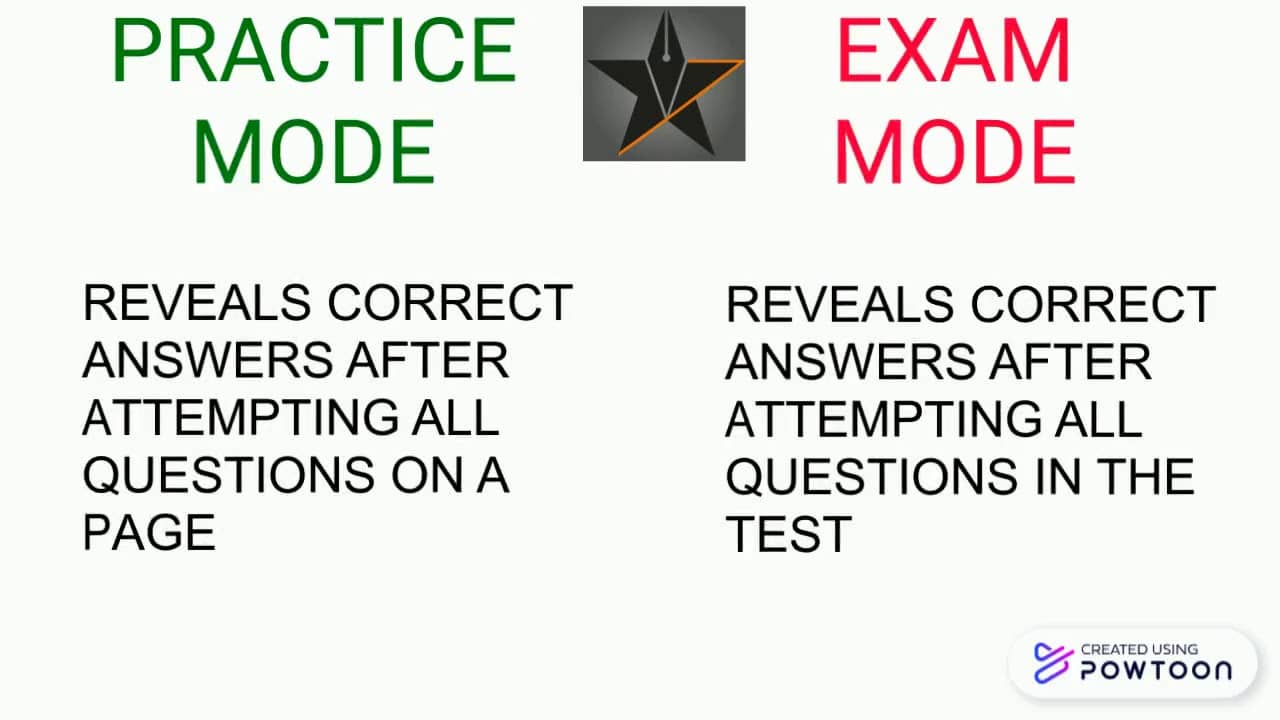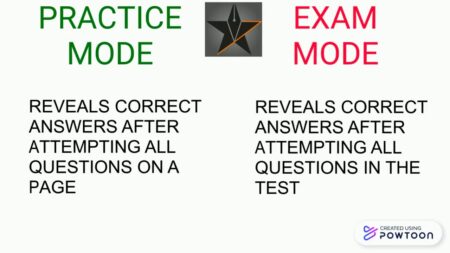
IB Past Papers – Chemistry Higher Level
HL and SL chemistry exams are intense. In this article, we will discuss how to pass these exams and use IB Past Papers to prepare for your upcoming tests. Whether you are preparing for your first IB exam or you’re re-applying for a new one, past papers are crucial for boosting your test scores. This article will cover the IB syllabus and the past papers for chemistry.
IB chemistry SL and HL papers are intense
The HL and SL IB chemistry papers are the most difficult and demanding for students. The HL version covers much more material and requires more teaching hours than the SL version. For instance, HL Chemistry covers an additional ten topics than SL. The HL paper is approximately two hours and fifteen minutes long and requires students to construct their answers using content and knowledge. Students taking this course should prepare well for the rigors of the HL examination.
Despite being one of the most challenging classes in school, the SL and HL papers are well worth the effort. For an IB chemistry SL paper, you will be studying five topics and the HL paper will have three or four. Both will require you to complete experiments and write a report. The HL paper will also require you to conduct laboratory experiments and write a report.
IB chemistry practice exams
The first step in IB chemistry exam preparation is to do as many IB chem practice exams as possible. While you can’t get as much as a real exam, you can certainly try a few online ones before your actual test. You can also take advantage of the free trial lessons offered by Edge Tutors. These lessons will help you familiarize yourself with the specific format of the IB chemistry tests.
The IB HL exam has a significantly higher pass rate than its SL counterpart. In 2018, 72% of students passed with an average score of 4.50. The highest score was a seven. This high score is because the IB exam is normalized and thoroughly analyzed, which means the scores are stable over time. You should spend a minimum of 1.5 hours on review. Taking as many practice exams as possible will help you prepare for the exam, regardless of your grade level.
IB chemistry syllabus
If you are currently preparing to teach IB Chemistry, then you might be wondering if there is an updated IB chemistry syllabus available. The new syllabus, which was published in May 2014, has only four options for answers on the exam. This is not reflective of the current state of the Chemistry Syllabus 2020. Here is an outline of the content of the syllabus. Regardless of which option you choose, you must prepare to teach the new curriculum in a systematic manner.
IB Chemistry comprises four parts: the standard level, the higher level, and the option topic. All topics are covered in the standard level, but the optional topic is assessed in paper three. The optional topics you choose can be Materials, Biochemistry, Energy, and Medicinal Chemistry. Depending on your interests, other science subjects can make this section easier for you. In IB Biology, the Biochemistry section is already part of the curriculum, so the final exam will cover many of the same topics.
IB chemistry past papers
IB chemistry past papers are free for download for higher level students. The International Baccalaureate (IB) program is an internationally recognized education program that aims to develop students into inquisitive, caring, and knowledgeable citizens. The IB chemistry subject is a part of the Science group in the Diploma Programme. High school students can get guidance on how to excel in this subject and obtain high scores in the Exam.
IB chemistry past papers are available for the HL and SL exams on the IBO store. These past papers are safe to download and come with IB mark schemes. However, the IBO does not recommend purchasing all of these past papers. In the event that you want to purchase the past papers, it would cost a few hundred dollars. Instead, you should purchase only those which are applicable to your study program.

